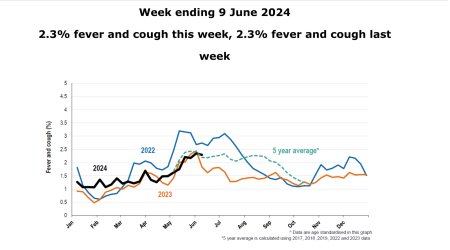I have 'slow dark adaptation' in one eye - had it for years but suspect it is getting worse. If I go from a brightly illuminated area to a dark one (eg inside to outside or lit room to an unlit room, after sunset) my right eye sees almost total black, whereas my left eye sees a gloomy scene and I can see where to go with that one. The right eye comes to the same perception as the other after about 10 mins. If a light comes on, vision in both eyes is good and the same. Light off, I have monovision for 10 mins or so. The main problem for me is that, if I am subject to stumbling and falling in the gloom if I'm not careful.
The condition predates my retinal tears and cataract surgery by a long time.
I have an excellent ophthalmologist locally who has sent me for a number of optical and neurological tests. The first was in Melbourne, sent for electroretinography and dark adaptometry test. The first was normal, both eyes and the practitioner declined to do the DA test 'as its not reliable'. Later, I did a Visual Evoked Potential test and it too showed both eyes the same, and normal.
The Save the Sight Institute in Sydney can do a dark adaptometry test, but my ophthalmologist has said, if he refers me, that they too may decline to do the test.
My question isn't so much about the condition (but any ideas welcome!) but the fact that a clinic practitioner can elect not to do a referred test. Other than for some medical situation on the day, how can a test facility decline a test referred by a specialist? I mean mechanically - what's the guidance/directions these facilities work under where they say a test isn't needed when a specialist thinks it is?















